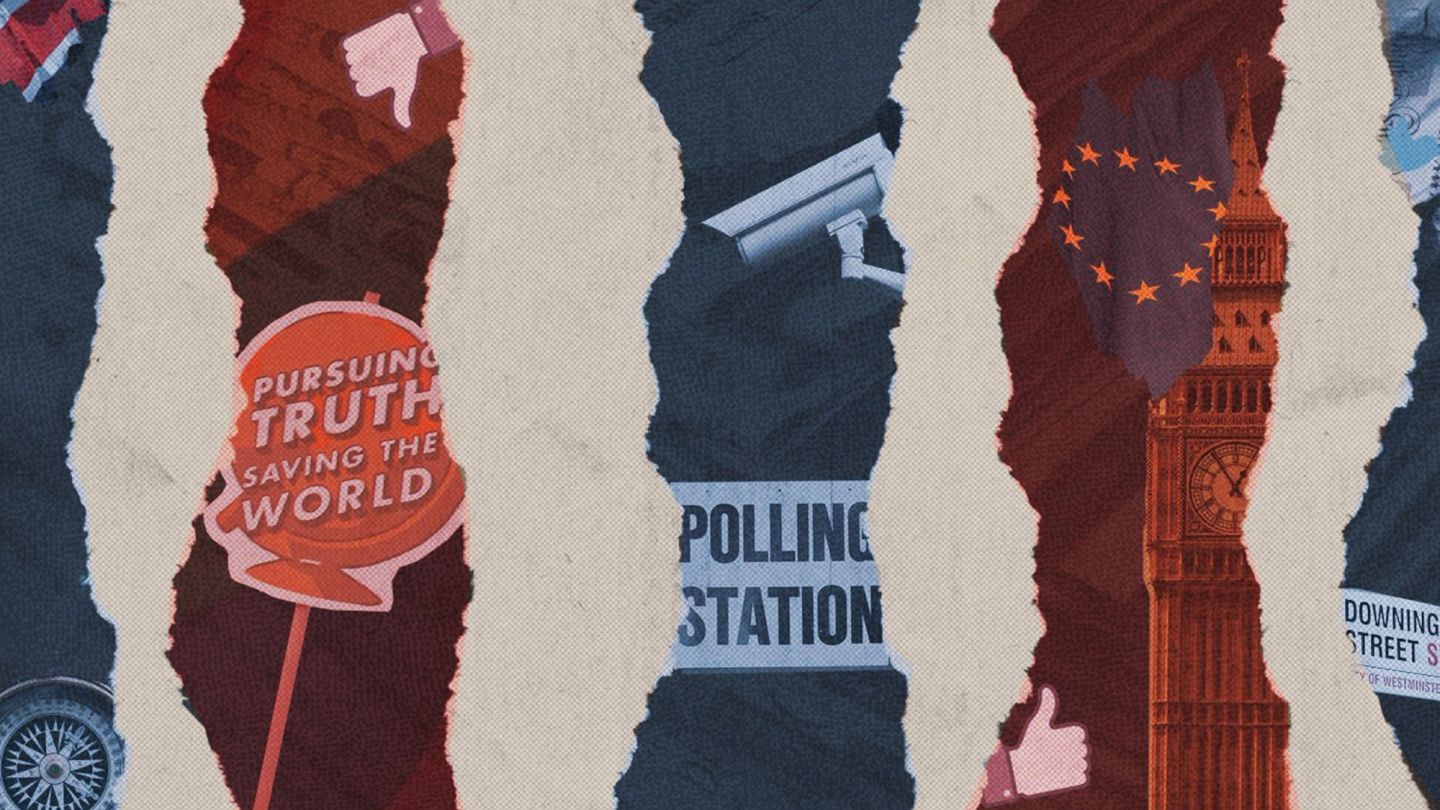

Words: Zoe Dickens
Welcome back to the Week in Westminster and happy New Year! While the rest of us may be getting stuck into New Year’s resolutions, wiping the slate clean and looking forward to a (hopefully) more prosperous next decade, the UK’s politicians are still wrangling with the legacy of the 2010s: Brexit.
The Labour party, however, is getting fully into the spirit of ‘New Year, New Me’ with a hotly contested leadership race. With the winner set to be announced on 4 April, a final list of candidates have now made themselves known. Read on for everything you need to know from the week in British politics…
Back to Brexit
The second reading approval of Boris Johnson’s Brexit bill shortly before Christmas put the UK on course to leave the EU on 31 January, making Brexit top of the agenda when MPs returned to the House of Commons on Tuesday (7 January). This week saw the second and third reading of the Bill take place, both of which were passed, meaning it will now go to the House of Lords to be read.
A number votes were also taken on amendments to the Bill, including reuniting separated refugee families, granting EU nationals resident in the UK before exit day permanent residence, the right to appeal settled status decisions, protection of workers’ right and giving MPs a guaranteed vote on the future EU-UK relationship. However, with MPs voting very much along party lines, the sizeable Tory majority saw every amendment denied. Although the Bill is expected to get a more critical reading in the House of Lords, where Johnson does not have a majority, it is still expected to pass.
Elsewhere, European Commission President Ursula von der Leyen, has been expressing concerns over Johnson’s refusal to extend the transition period, which currently sees the UK leaving the EU fully on 31 December. Von der Leyen believes the 11-month period is not long enough to ‘seriously discuss’ the wide scope of issues involved in Britain’s future relationship with the EU. Both sides must decide if they are willing to extend by 1 July. If no extension is granted and talks are not completed by 31 December, the UK will leave with no deal.
Von der Leyen’s comments came ahead of a summit between herself, Michael Barnier and Boris Johnson held in London this week. Both sides reported a positive outcome, with the leaders agreeing common ground over climate change, human rights and security. However, it is also apparent that the EU made it clear that the Canada-style free trade agreement Johnson seeks comes with string attached and Britain would have to agree to a level playing field in terms of workers’ rights, the environment and anti-dumping measures to avoid barriers for British manufacturing. Much of this lies in direct contradiction with Johnson’s desire to break with EU rules and establish British sovereignty.
New Year, new leader
There are now six candidates officially in the running to succeed Jeremy Corbyn as Labour leader: Rebecca Long Bailey, Keir Starmer, Emily Thornberry, Clive Lewis, Jess Phillips and Lisa Nandy. We gave you the full rundown of the first five before Christmas (re-read it here). Late entrant Lisa Handy has been the MP for Wigan since 2010 and has held spots as shadow charities minister and shadow energy secretary. She is known for her support of small towns and has frequently commented that Labour needs to appeals to voters outside of big cities to win at the next election.
Candidates must secure backing from at least 10% of Labour MPs to announce their candidacy. They must then be supported by a further 33 Labour constituency parties or three affiliate groups (e.g. trade unions) to be put on the ballot for wider party voting. Initial nomination figures put Starmer as the front runner with 63 nominations while Thornberry and Lewis trail with just nine and four nominations each. Voting for party members will open on 21 February with the candidate taking more than 50% of the vote announced as leader on 4 April.
A time of tension
The year got off to a decidedly shaky start as international tensions between the US and Iran came to a head, culminating in the death of top Iranian general Qasem Suleimani and missiles fired at two US bases in Iraq. It also looks likely that a Ukrainian plane that crashed after taking off from Tehran may have been downed in error by Iranian forces in a related incident.
As a US ally, and with four Britons killed in the plane crash, it was required of the UK to take a stance on the matter. Johnson began the week by largely supporting Trump’s ordered killing of Suleimani – despite clear indications that it was not justifiable under international law – saying ‘most reasonable people’ would agree with the action. This prompted protests from the Iranian foreign ministry, with the UK ambassador to Iran, Rob Macaire, warning the UK could be seen as an accomplice to the assassination if it continued to adopt this line.
On Thursday Johnson held a call with Iranian president Hassan Rouhani where he reaffirmed the UK’s support of the Iranian nuclear pact, which the US opposes, and urged the country not to take any further action, after its missile strikes on Iraqi coalition bases, to de-escalate the situation. Johnson has also backed the plane crash missile theory which, despite being enacted in error, could create further tensions or even prompt action from the US (who it is believed Iranian forces thought they were targeting) and create divides between Canada and the US and Iran, who will be blamed for the deaths of the 63 Canadian nationals on board.
If you were hoping for a peaceful start to the political year then we hate to disappoint. We may be in a new decade but the tumultuous nature of modern politics doesn’t appear to be going anywhere. Make sure you stay up to date by checking in with the Week in Westminster every Friday.
As a former member storms into Downing Street, we check in on the modern Bullingdon Club…
Join the Gentleman’s journal Clubhouse here.


